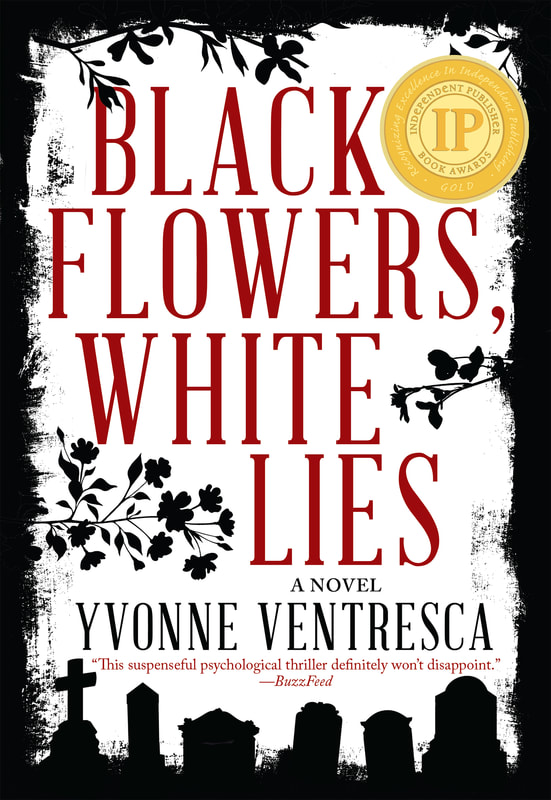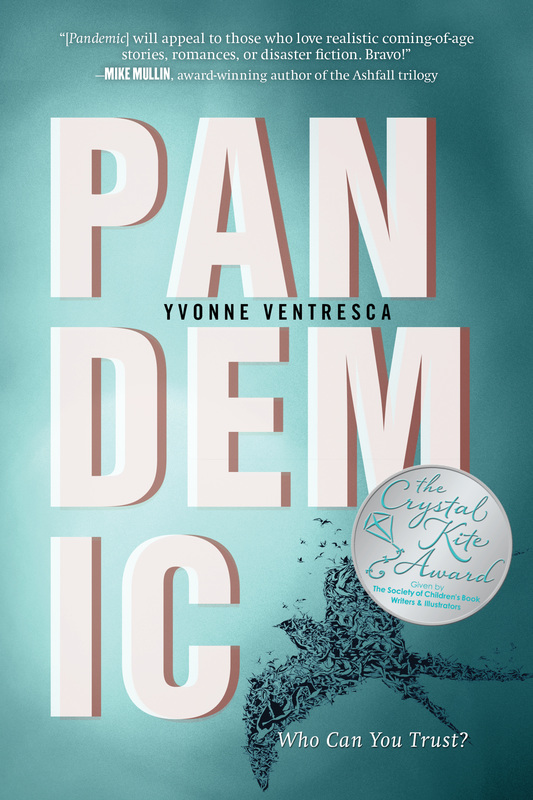
|
By Yvonne Ventresca For this week's Friday Five, please visit my guest post over at Nerdy Chicks Rule, "A Black Belt's Guide to Writing: The Eyes Must See All Sides." It includes 5 ways you can apply this martial arts philosophy to your writing. I'll be responding to comments here and over there as well, so please leave one in either place.  Here's a quote from Bruce Lee for your inspiration -- martial arts, creative, or otherwise. Have a great weekend!
Five Ways Writing is Like Karate I’ve been studying Isshinryu karate for a decade and I’ve been writing even longer than that. Over time, I’ve noticed similarities between the martial arts and the process of creating a novel. Here are five ways writing is like karate. 1. The details matter. When you’re blocking a punch, specifics like posture, stance, the angle of your arm, and its distance from your body are all important. When you kick, you need to chamber the leg, angle the foot just right. Little changes can have a large effect. This is similar to writing and word choice. The thesaurus provides several options for “walk,” but there’s a big difference between a stroll, a march, and a hike. Precise language (and grammar and structure) can elevate a piece of writing.  2. Be inspired by the best. There is often a gap between your own skill level and those who you admire. It’s a humbling experience to watch someone masterful perform a kata (a predetermined sequence of moves) that you’ve been practicing for years. The same goes for reading an excellent story. Ira Glass has a great quote (left) about not being frustrated by the gap. Use the disparity between the novel that you respect and the one you’re writing as incentive to improve. 3. Comradery helps. Karate isn’t a team sport; neither is writing. Comradery among people who study the martial arts, and those who create stories, can make the difference between a long-term commitment and a short-lived hobby. Friendships and connections formed over a common love provide moral support during “stuck” periods and these same people help celebrate the successes. 4. Deadlines combined with a goal can be motivating. There’s nothing like a tournament or testing for a promotion to get martial artists to practice more, to examine and fix even the smallest body movements. Writing more consistently tends to happen with a looming revision due date, a contest deadline, or a synopsis to complete before a conference. Then it feels like each word is examined in a new way, each sentence polished. Use deadlines to your advantage. 5. Learning is a continuous process. In the martial arts, there is a cultural aspect, a physical part, a mental component, and a philosophical piece. Memorizing one (or even seventeen) kata doesn’t necessarily make someone accomplished. Having one novel finished (or published) doesn’t make someone a master at writing. There is never a total sense of being done, even after a closing bow or typing “the end.” The opportunity for continued growth and learning is why I stay committed to both these arts. Have you ever found similarities between two different areas of your life? Share your experience in the comments.
|
JOIN NOW!
Sign up for Yvonne's newsletter for exclusive content, book news, and other occasional author goodies. Archives
June 2025
Categories
All
|









 RSS Feed
RSS Feed